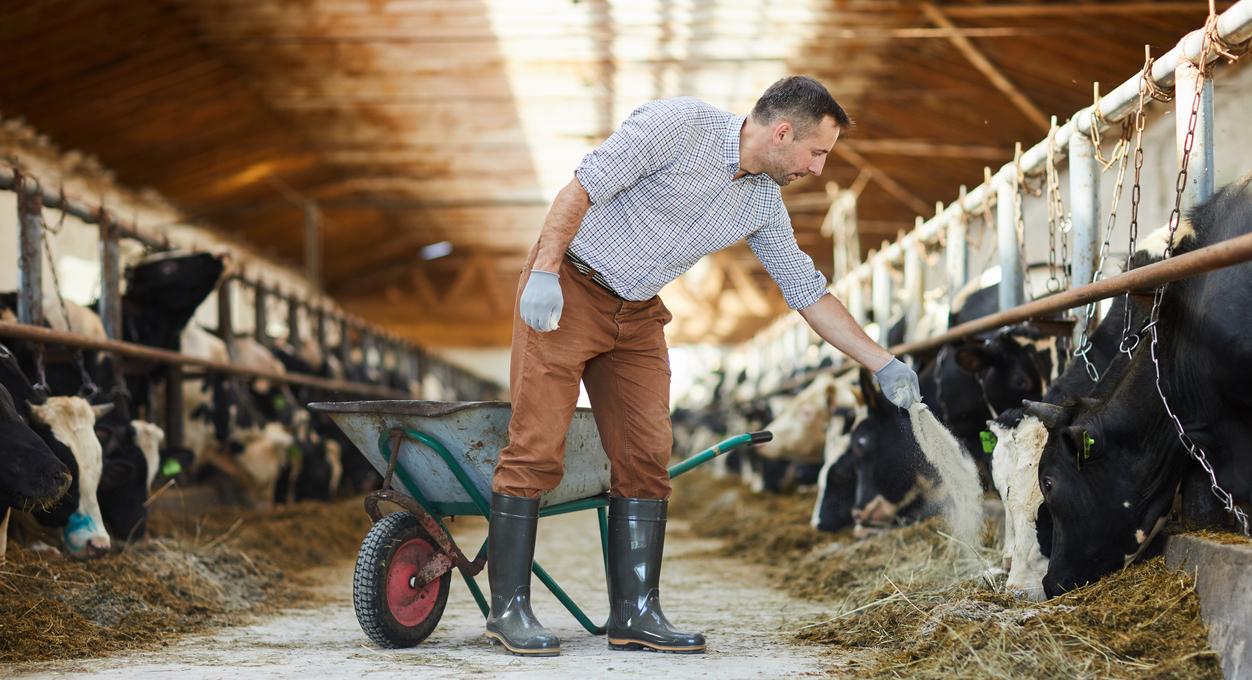A new study led by Gregory Gray, an infectious disease researcher at the University of Texas Medical Branch, suggests that more livestock workers have been infected with bird flu than previously reported.
The study, which is pending publication in a leading infectious disease journal, highlights significant gaps in current surveillance systems. Gray emphasized that the underreporting of bird flu cases among farmworkers poses a risk to public health, as it could delay the detection of a more contagious virus strain.
Health officials may not promptly notice an increase in bird flu contagion due to the underreporting of cases. The U.S. government’s flu surveillance system would respond to a large surge of infections beyond farmworker communities, but such a response might come too late to effectively contain the virus. Gray stressed the urgency of addressing the issue, noting that bird flu is not simply disappearing on its own.
The Centers for Disease Control and Prevention (CDC) bases its decisions on the current surveillance data, which has led to a conservative approach regarding bird flu vaccinations for farm workers.
Despite having vaccines available, the CDC has not offered them to farmworkers, citing a low number of reported cases. However, Gray’s study challenges the accuracy of these reported numbers, suggesting that many infections go undiagnosed and unreported.
Gray’s research stands out as it focuses on undiagnosed infections among workers exposed to sick dairy cattle. The study involved blood sample analysis from 14 farmworkers at two Texas dairy farms with bird flu outbreaks. The findings revealed antibodies in two workers, indicating a prior infection rate of nearly 15%. This rate is significant given the large number of dairy farms affected by bird flu outbreaks across multiple states.

The study’s results align with the suspicions of Richard Webby from the World Health Organization, who believes that the official count of human bird flu cases is an underrepresentation.
The findings bring fresh urgency to addressing the lack of testing and undiagnosed ailments among farm workers and veterinarians. The CDC has warned about the potential for the bird flu virus to swap genes with seasonal flu, which could result in a highly transmissible human strain.
Despite no current evidence of such gene swapping and the rarity of asymptomatic bird flu cases, the study’s findings highlight the need for increased testing and surveillance among farm workers.
Challenges such as precarious employment and lack of health insurance complicate these efforts. Without better surveillance and cooperation between the government and livestock industry, the U.S. risks remaining uninformed about the true extent of bird flu infections.
Communication breakdowns further exacerbate the issue, as evidenced by a Colorado dairy worker who sought medical care for eye irritation but was not tested for bird flu.
Many farm workers are unaware of bird flu and lack the necessary protective gear. Financial constraints and fear of retaliation from employers also prevent workers from seeking medical care, making it difficult to identify the cause of their symptoms without proper testing.
The CDC’s current flu surveillance system, which monitors hospital visits and patient samples, has not detected any significant anomalies related to bird flu. However, experts like Samuel Scarpino warn that this system may miss emerging health threats that start with a small number of infections. By the time a significant number of cases are detected, it could be too late to control the virus effectively, echoing the early stages of the COVID-19 pandemic.
Researchers caution that the H5N1 bird flu virus has evolved to become more infectious to mammals, including humans. The virus is mainly spreading through milk and milking equipment, and there are troubling signs of it spreading inefficiently through the air in laboratory settings. Observations from Gray’s study and other research underline the need for improved surveillance to make informed decisions rather than relying on guesswork.
